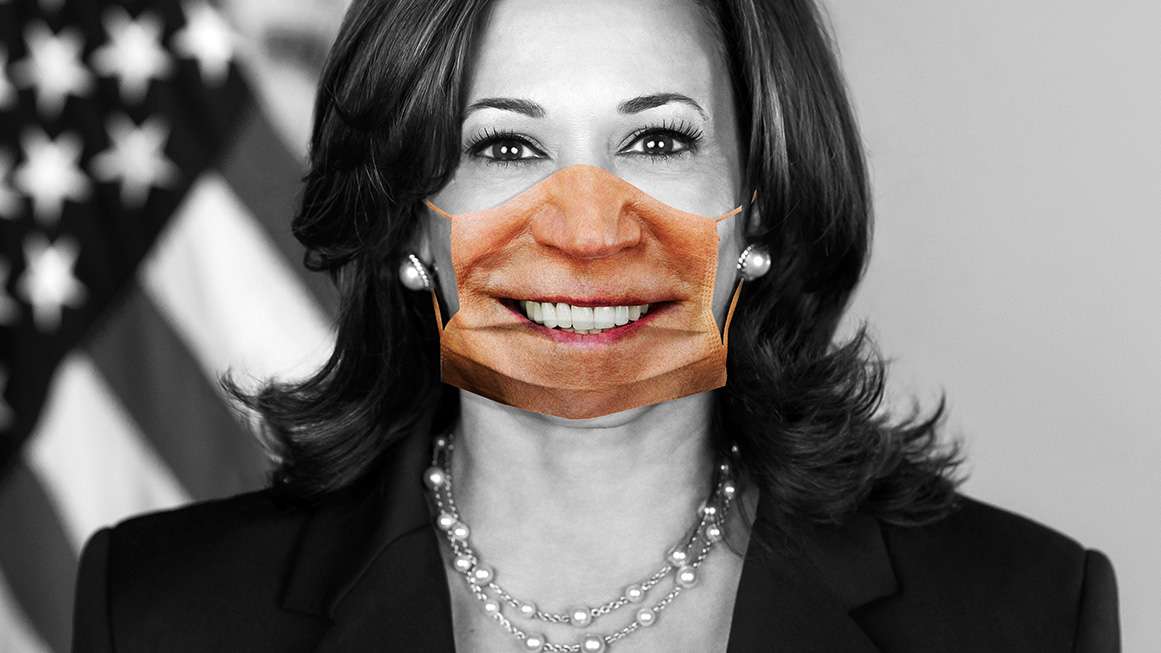Kamala Harris initially supported a single-payer health care plan developed by Bernie Sanders, but later backed away from it due to backlash. Joe Biden, on the other hand, favored an incremental approach to health care, building on the Affordable Care Act (Obamacare). Biden’s presidency has focused on expanding Obamacare rather than implementing a single-payer system. His policies have made health care more expensive and limited choice for patients. In contrast, Donald Trump struggled with health care policy during his presidency, failing to repeal Obamacare and focusing on short-term, limited-duration health insurance plans as an alternative. Biden’s approach to health care has been criticized for making care more expensive and unwieldy, in contrast to Trump’s focus on more affordable options. According to the Congressional Budget Office, the majority of these plans provided “comprehensive coverage,” which may not include all benefits required under Obamacare but may offer wider provider networks or lower deductibles than other types of coverage. The Biden administration criticized these plans as “junk insurance” and limited them to three months in early 2024. This move was intended to protect American families and consumers, but ultimately made health insurance more expensive and less accessible due to Obamacare’s enrollment rules.
Former President Obama acknowledged that Obamacare’s subsidies were not sufficient, particularly for middle-class families just above the income threshold for assistance. In response, Biden increased subsidies for higher-income earners through the American Rescue Plan, temporarily expanding subsidies to cover families making up to $350,000 annually. This expansion was later extended through the Inflation Reduction Act, making the subsidies more permanent.
While the subsidy expansion benefited lower-income households, it also led to increased fraudulent enrollments and significant costs. The overall cost of health care entitlement programs in the US, including Medicare and Medicaid, continues to rise, contributing to the country’s long-term debt and deficits. Despite efforts to improve the financial outlook of these programs, Biden’s actions have not addressed the fundamental challenges of healthcare financing. President Biden has allowed health care spending to continue its steady increase in the federal budget, resulting in trillions being added to the national debt. This has led to a rise in interest payments, making it harder for Americans to escape the regulatory costs of Obamacare. Vice President Harris is expected to follow a similar path, prioritizing expanding federal funding for health care and social programs. In her economic policy speeches, she has pledged to address the rising cost of health care and criticized Trump for his lack of a plan to improve access to health care. The Biden administration’s approach to health care, known as Bidencare, emphasizes higher costs, increased spending, and more bureaucratic control, reflecting a big-government liberal ideology. While not as impactful as Obamacare, Bidencare is still a significant policy initiative that Harris intends to build upon. The alignment between Biden and Harris on health care policy suggests that Bidencare will continue to shape the future of health care in America.
Source link





